Featured Resource
Children moving to secondary school may change the way they use their online space.
This guide is designed to keep parents/carers and their children informed so they can stay safe online
In June 2021 Ofsted concluded that the prevalence of child-on-child sexual harassment and abuse was so widespread that, for some, incidents are ‘so commonplace that they see no point in reporting them’ and ‘consider them normal’. SWGfL and The Marie Collins Foundation has created a support service for professionals working with children and young people in tackling harmful sexual behaviours, funded by the Home Office and in collaboration with the Department for Education.
According to Keeping Children Safe in Education, “Schools and colleges should consider carrying out an annual review of their approach to online safety, supported by an annual risk assessment that considers and reflects the risks their children face.”
LGfL has now created a document to help you complete such an assessment.
The new interactive website encourages 4-7s to engage safely online by helping them to recognise worrying, upsetting or scary situations and reinforcing the key message that they should ‘Tell A Grown Up’ in these instances.
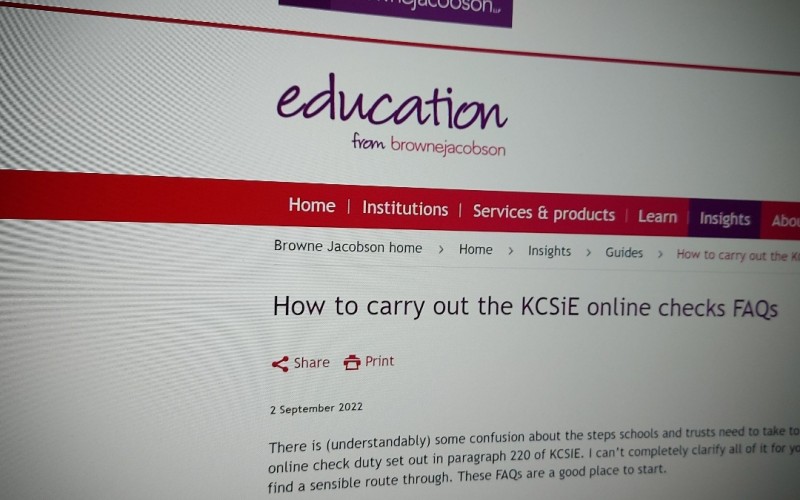
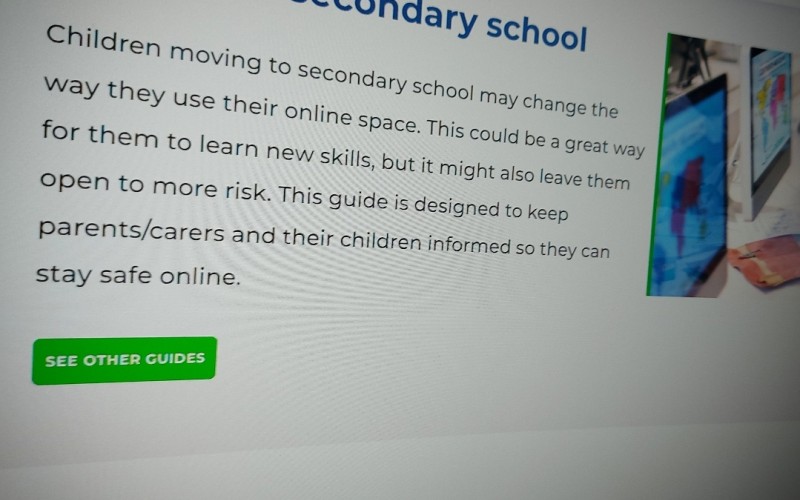
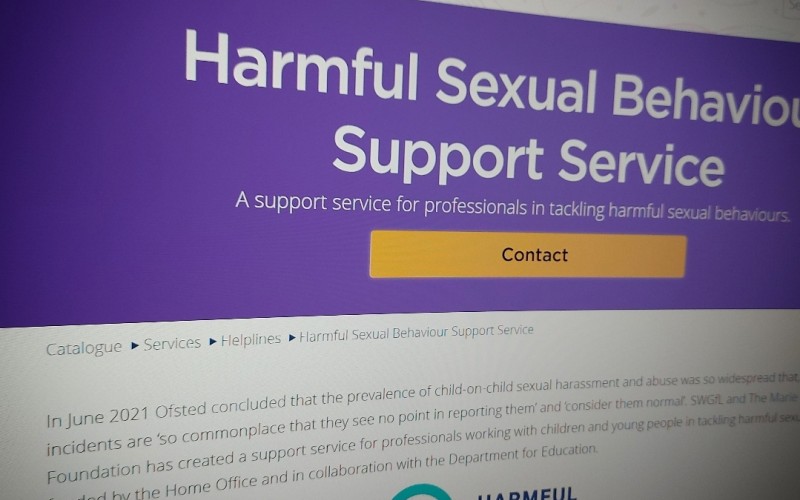
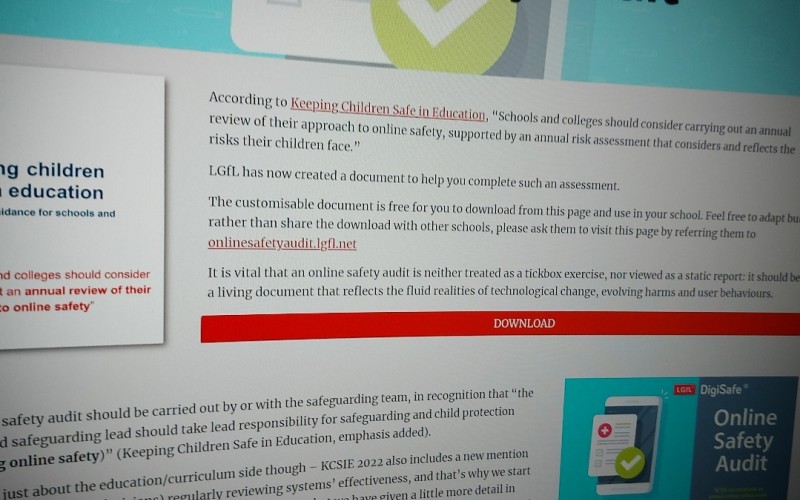
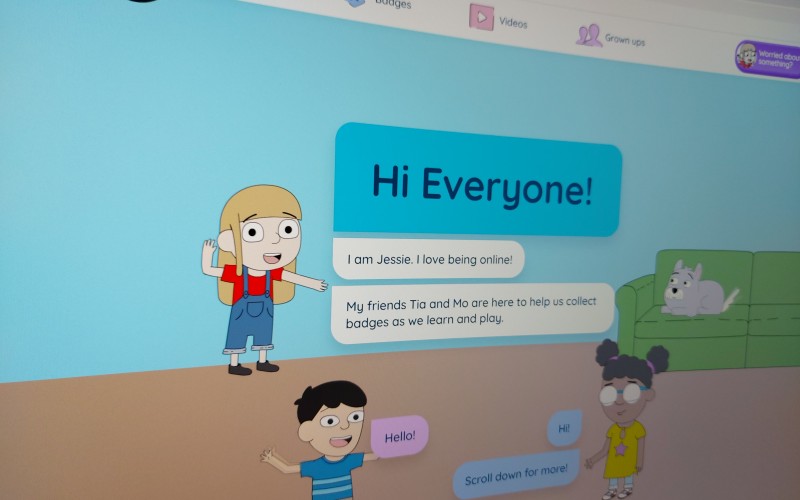
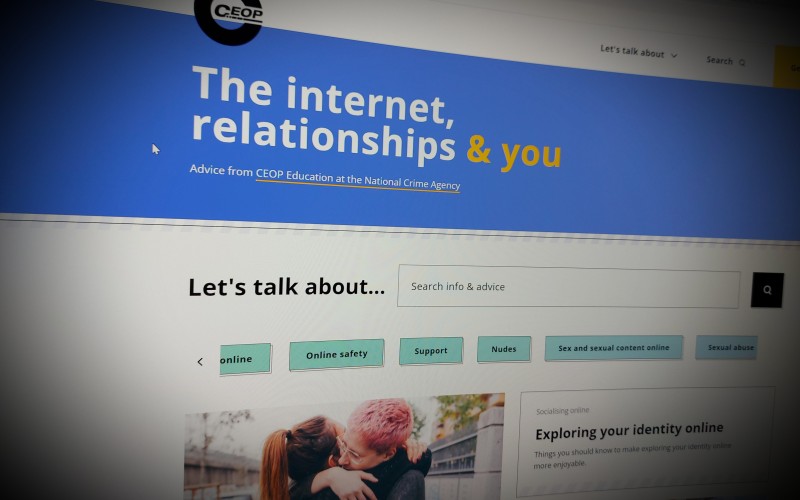
Comments
make a comment